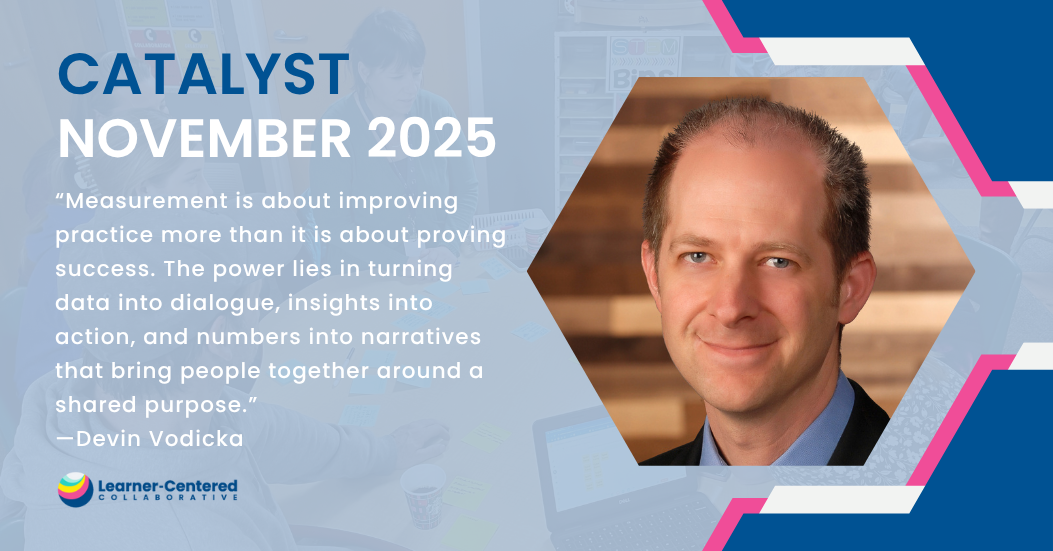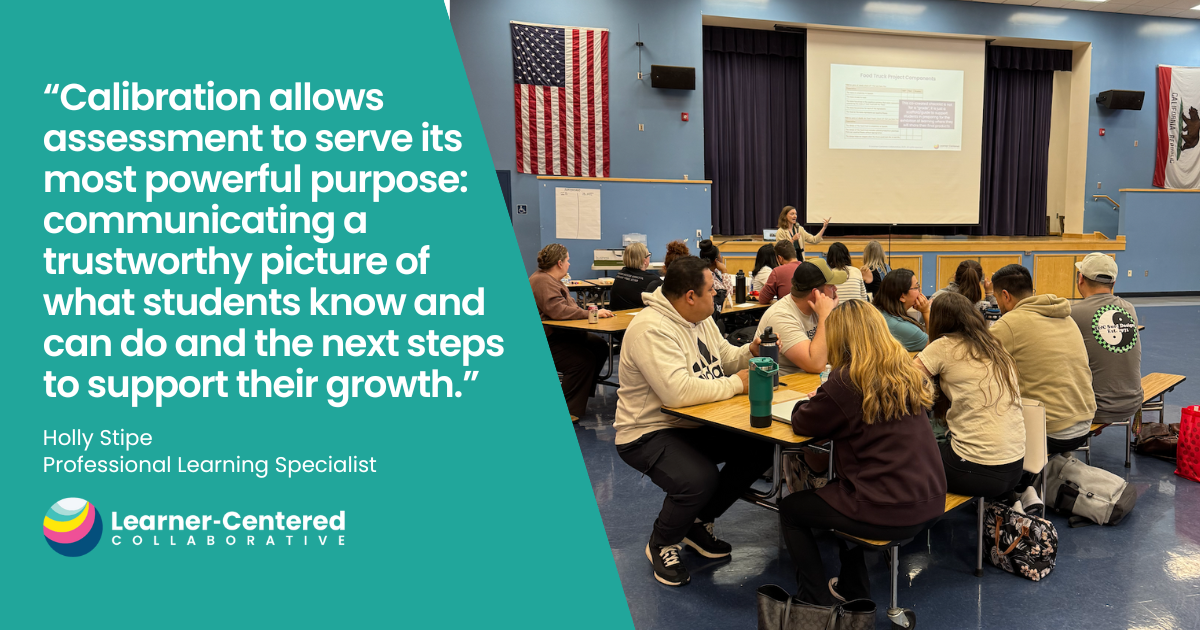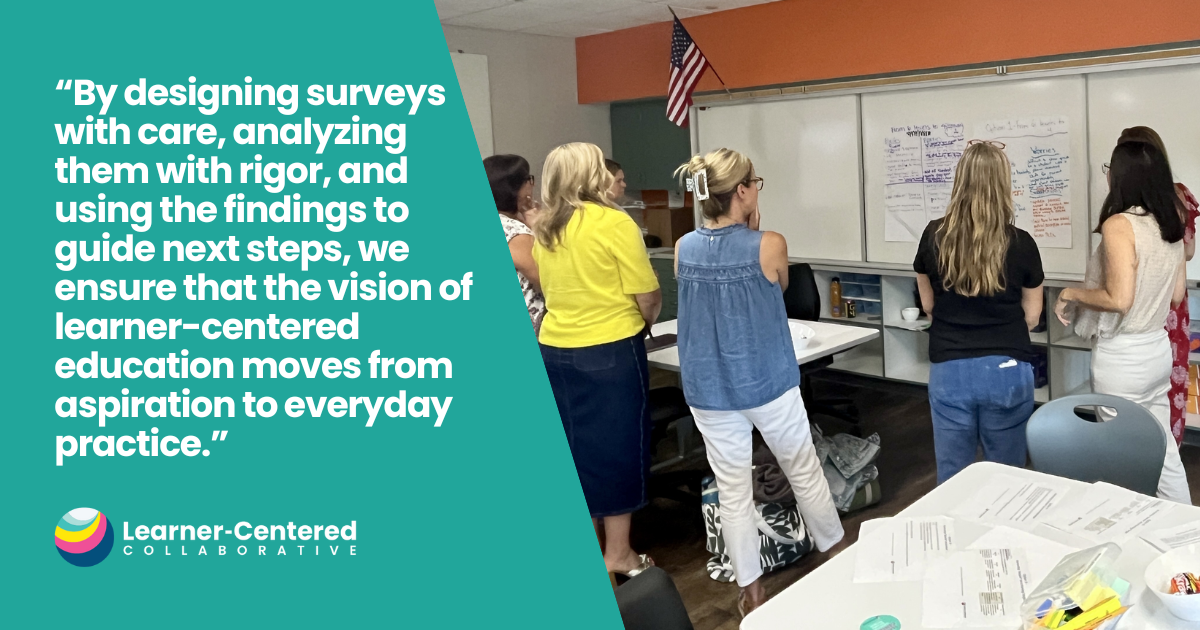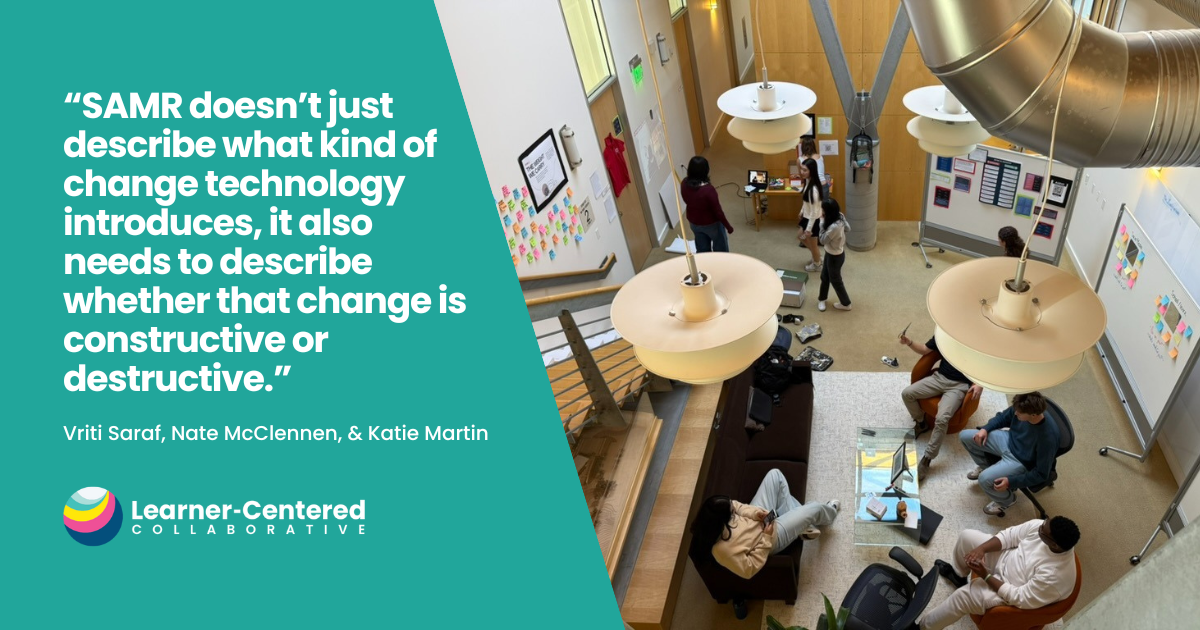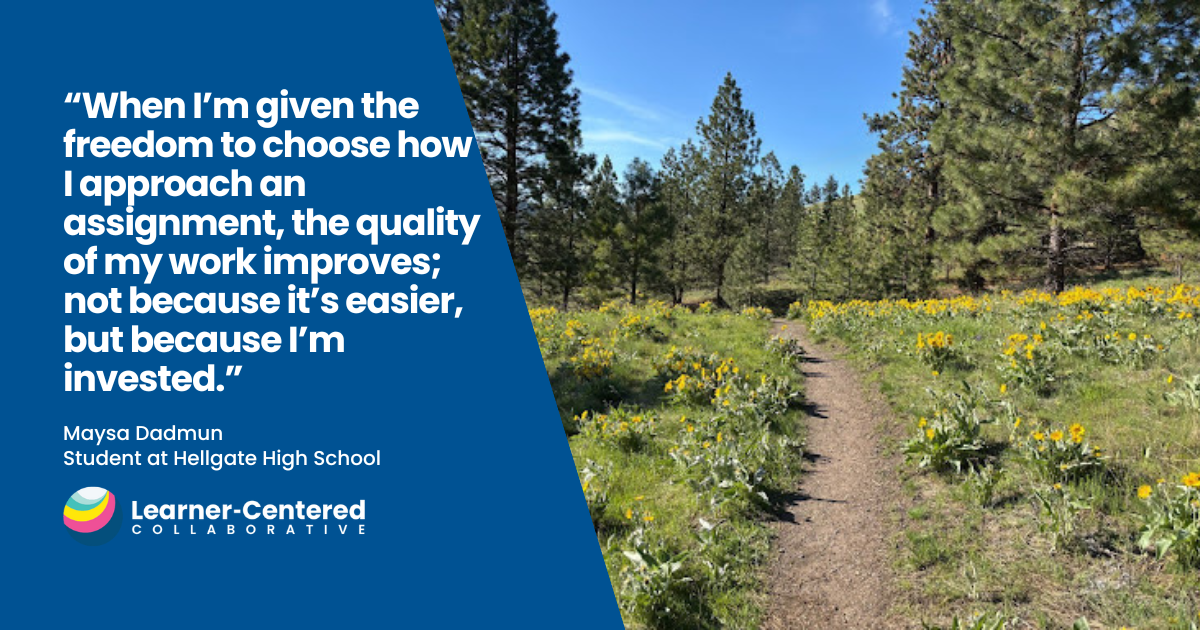Episode 37: Building Collective Efficacy and Insights on Transforming Education Systems with Dr. César Morales
By loading this video, you agree to the privacy policy of Youtube.
Episode Summary:
Related Resources:
- Blog: Understanding and Influencing Collective Efficacy: The Key to Driving Transformative Change in Education
This blog emphasizes the critical role of collective efficacy—defined as the shared belief in a team’s ability to overcome challenges and achieve goals—in driving transformative change in education, outlining strategies for leaders to cultivate it through vicarious learning, verbal persuasion, emotional arousal, and mastery learning. - Course: Learner-Centered Leadership for Meaningful Change
Define who you are as a learner-centered leader, explore ways to build relationships with your team by building relational trust, and leverage a human-centered design process beginning with empathy to create a proposal for change. - Tool: Enabling Conditions & Culture Self-Study
Access this comprehensive resource designed to help educational systems assess and improve their foundational elements for success. This self-paced assessment covers six crucial areas: Coherence, Communication, Aligned Systems, Growth & Development, Partnerships, and Culture.
